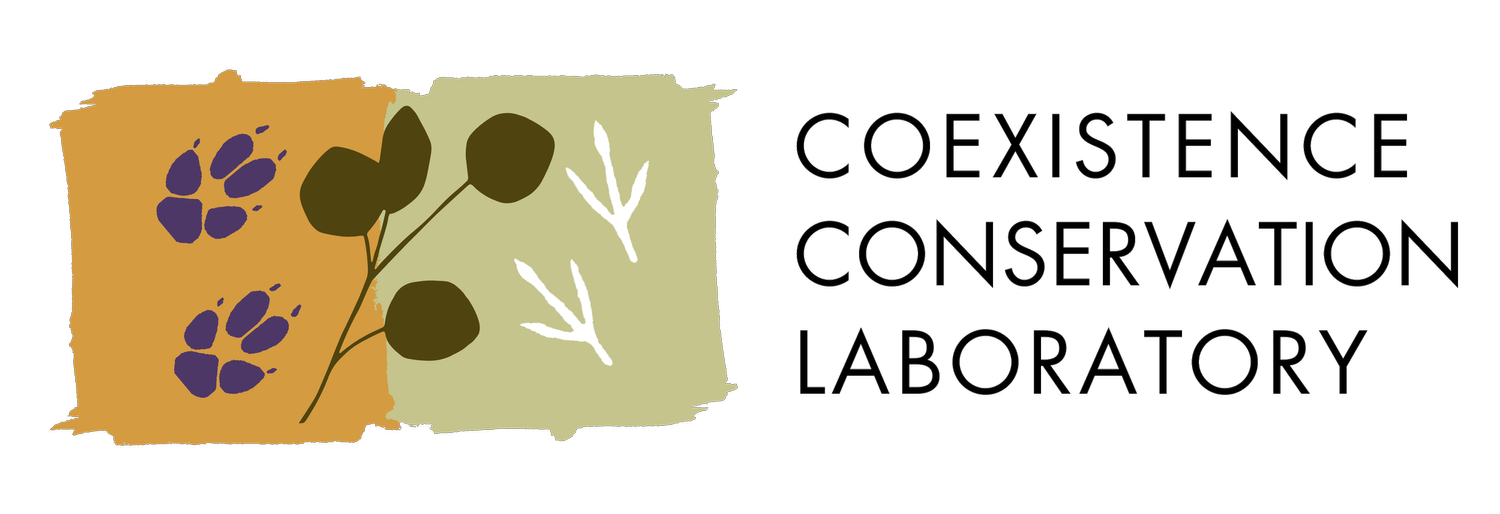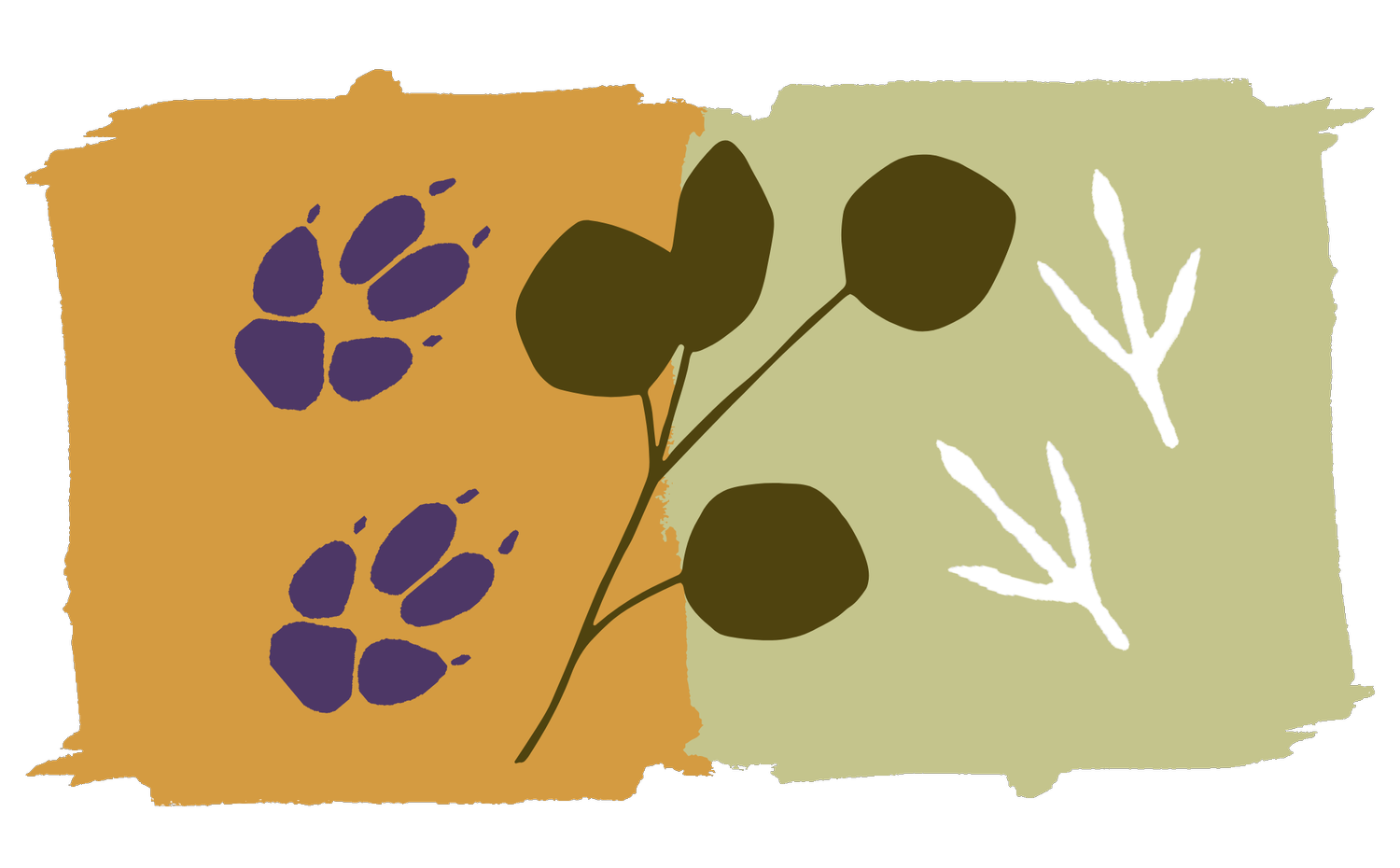
Invertebrate density
Maintenance managers
Invertebrate research in the experiment has so far concentrated on arthropod assemblages, with a special focus on beetles.
Beetles are an abundant and functionally diverse component of the fauna of grassy woodlands, and are an ideal insect group to show responses to the experimental treatments. Impacts on beetle abundance and species richness has been measured over a period of 18 months as part of projects involving kangaroo exclosure fences and the addition of coarse woody debris.
Invertebrates constitute the majority of multi-cellular species on Earth, and have a critical role in the functioning of ecosystems. Despite this abundance, diversity, and ecological importance, most studies of biodiversity tend to focus instead on birds, large mammals and plants.
Invertebrates are included in the Mulligans Flat-Goorooyarroo Woodland Experiment for a variety of reasons:
their abundance
the diversity of functional groups
their role in ecosystem processes
their relatively small scale of operation – which was appropriate for some treatments
their short generation time and rapid response to to woodland manipulations
their importance as a food source for other fauna (e.g. Common Dunnart, Sminthopsis murina).
Carry on, carrion
Carrion is a hotspot for invertebrate diversity and abundance as well as for nutrient cycling.
The decomposition of kangaroo carcasses was monitored over a 12-month period in Mulligans Flat. Each carcass was paired with a nearby control site for comparison.
Several variables were regularly measured at carcass and control sites over the 12 months, including
· Soil chemistry, including organic and inorganic fractions
· Ground-layer plant floristics
· Plant leaf nitrogen
· Beetle, ant and mite diversity
Publications
Barton, P.S, Weaver H.J. and Manning A.D. (2013) Contrasting diversity dynamics of phoretic mites and beetles associated with vertebrate carrion. Experimental and Applied Acarology 1-13
Barton, P.S., Cunningham, S.A., Macdonald, B.C.T., McIntyre, S., Lindenmayer, D.B., and Manning, A.D. (2013) Species traits predict biodiversity dynamics at ephemeral resource patches created by carrion. PLOS One. 8(1)
Barton, Cunningham, Lindenmayer, Manning. (2012) The role of carrion in maintaining biodiversity and ecosystem processes in terrestrial ecosystems. Oecologia
Barton, Cunningham, Manning, Gibb, Lindenmayer, Didham. (2012) The spatial scaling of beta diversity. Global Ecology and Biogeography
Barton, P.S., Manning, A.D., Gibb, H., Wood, J.T., Lindenmayer, D.B. & Cunningham, S.A. (2011) Experimental reduction of native vertebrate grazing and addition of logs benefits beetle diversity at multiple scales. Journal of Applied Ecology
Barton, P.S., Gibb, H., Manning, A.D., Lindenmayer, D.B. & Cunningham, S.A. (2011) Morphological traits as predictors of diet and microhabitat use in a diverse beetle assemblage. Biological Journal of the Linnean Society. 102: 301-310





